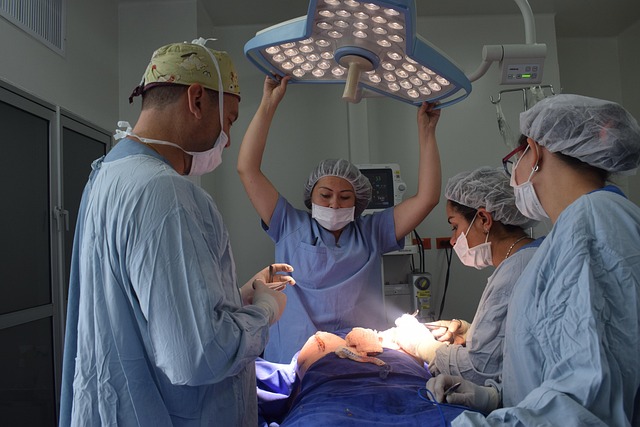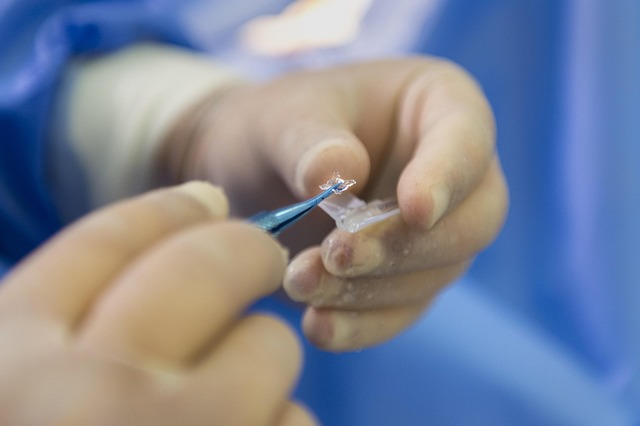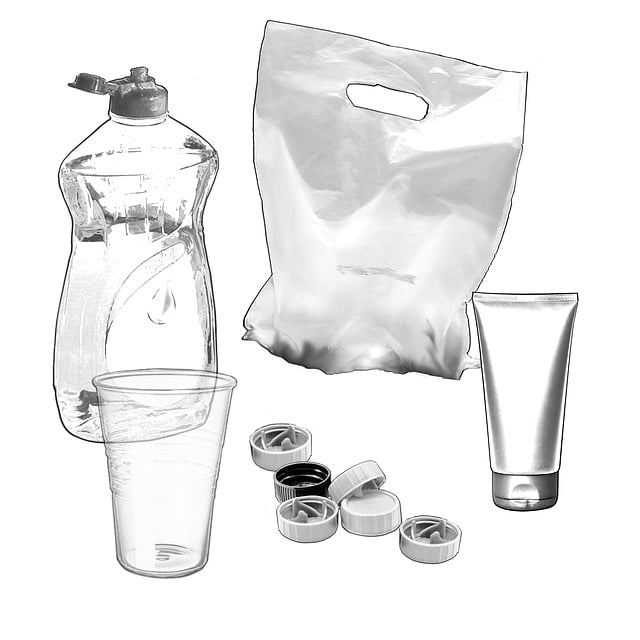In plastic surgery marketing, understanding diverse target audiences is key to successful consultation scheduling. Tailored strategies address unique needs, from quick recovery times for young adults to comprehensive care for older patients. Specialized messaging emphasizes experience, flexible scheduling, patient testimonials, and online booking systems. Crafting compelling offers with bundled services, incentives, and luxury add-ons enhances appeal and loyalty. Utilizing digital platforms, social media, SEO, and engaging content boosts visibility and drives appointments. Testimonials build trust and credibility, differentiating practices. Strategic follow-up and data analysis ensure effective marketing adjustments and high conversion rates in a competitive landscape.
In the competitive realm of plastic surgery, effective consultation scheduling promos are key to attracting new clients and retaining existing ones. This article delves into a strategic approach for enhancing your plastic surgery marketing efforts through tailored offers and innovative online promotion. We explore audience understanding, compelling offer crafting, leveraging digital platforms, building trust via testimonials, follow-up strategies, and data-driven success measurement – all vital components of successful plastic surgery marketing campaigns.
Understanding Your Target Audience for Consultation Scheduling Promos

In the realm of plastic surgery marketing, understanding your target audience is paramount when crafting consultation scheduling promos. These promotional strategies must resonate with potential clients who are often seeking enhancement or restoration procedures for various reasons – be it aesthetic improvement, reconstructive needs after an accident or medical condition, or a desire to boost self-confidence. Tailoring your approach to match their expectations and concerns is key to success. For instance, young adults might respond well to social media campaigns showcasing quick recovery times and natural-looking results, while older patients may prefer promotional materials that emphasize experience, safety, and comprehensive pre- and post-op care.
Knowing your audience allows for the creation of targeted messages that address their specific needs. In plastic surgery, this could mean highlighting specialized services like non-surgical facial rejuvenation for busy professionals or offering flexible scheduling options for those with demanding careers. Incorporating patient testimonials and before-and-after galleries can build trust and showcase expertise, while emphasizing convenience through online booking systems demonstrates a commitment to modern, efficient practices in plastic surgery marketing.
Crafting Compelling Offers for Plastic Surgery Marketing

Crafting compelling offers is an art in plastic surgery marketing, where aesthetics meet business strategy. To stand out in a competitive market, clinics must go beyond basic promotions and create packages that resonate with potential clients’ desires. Offers can be tailored to specific procedures, such as a “Full Face Lift Package” or a “Non-Surgical Enhancement Special.” Bundling services like consultations, surgery, and post-op care not only simplifies the decision-making process for patients but also increases overall procedure adoption.
Incorporating value-added incentives further enhances these packages. For instance, offering free aftercare sessions, discounts on future procedures, or even luxury spa treatments as part of a pre/post-operative regimen can elevate the patient experience and foster loyalty. Effective marketing strategies in plastic surgery involve understanding target demographics and crafting promotions that cater to their unique needs and aspirations, ensuring clinic services remain top of mind in the competitive landscape of beauty and wellness.
Leveraging Online Platforms to Promote Consultation Appointments

In today’s digital era, online platforms offer a powerful tool for plastic surgery marketing and consultation scheduling promos. Websites with user-friendly booking systems allow patients to easily schedule appointments, improving accessibility and convenience. Additionally, leveraging social media and search engine optimization (SEO) strategies can greatly enhance visibility and attract potential clients searching for cosmetic procedures.
By integrating promotional campaigns on these online channels, plastic surgeons can reach a wider audience. Sharing engaging content, such as before-and-after photos, patient testimonials, and informative blog posts, can capture interest and build trust. Targeted digital advertising ensures that the right individuals, interested in plastic surgery, discover the practice’s services. This strategic approach to plastic surgery marketing not only drives appointments but also positions the clinic as an authority in the industry.
Building Trust and Credibility Through Testimonials and Reviews

In the competitive realm of plastic surgery marketing, building trust and credibility is paramount. Testimonials and reviews serve as powerful tools to achieve this goal. When prospective clients read about positive experiences from satisfied patients, it reinforces their confidence in the surgeon’s expertise and care. These personal accounts, shared through online platforms or social media, offer tangible evidence of successful procedures and transformative results.
By incorporating testimonials and reviews into consultation scheduling promos, practices can differentiate themselves and attract new clients. Potential patients are more likely to choose a practitioner who is openly celebrated for their skills and dedication by previous beneficiaries. This social proof not only enhances the patient experience but also solidifies the surgeon’s reputation, positioning them as a trusted authority in their field.
Implementing Effective Follow-up Strategies After Promo Campaigns

After launching successful consultation scheduling promos for a plastic surgery clinic, implementing effective follow-up strategies is crucial to convert interested clients into paying customers. This involves promptly reaching out to prospects who have shown initial interest through the promo campaign, offering personalized communication, and addressing any concerns or questions they might have. In the realm of plastic surgery marketing, building rapport and trust is key; a simple, friendly follow-up message can go a long way in making prospective clients feel valued and understood.
To enhance conversion rates, schedule follow-up appointments during the initial outreach itself, providing clear options for potential patients to book consultations based on their availability. Additionally, leveraging post-promo surveys to gather feedback not only improves services but also allows for targeted marketing adjustments, ensuring future campaigns are more effective in reaching and converting prospective clients.
Measuring Success: Analyzing Data and Adjusting Future Promotions

Measuring success is a crucial aspect of any promotional campaign, especially in the competitive field of plastic surgery marketing. By analyzing data from consultation scheduling promotions, practices can gain valuable insights into what tactics resonate with their target audience and which areas need improvement. Key metrics to track include conversion rates—the percentage of potential clients who schedule consultations after engaging with the promotion—and the overall increase in consultation bookings during and post-promotion periods.
This data-driven approach allows for continuous optimization. For instance, if a particular promotional strategy yields high engagement but low conversion rates, practitioners can adjust their messaging or offer to better align with patient preferences. Conversely, successful promotions should be replicated and possibly expanded upon to maximize their impact on attracting new clients and increasing procedure inquiries. Regularly reviewing and adapting marketing strategies based on concrete data ensures that plastic surgery practices remain competitive and effective in reaching potential patients.
